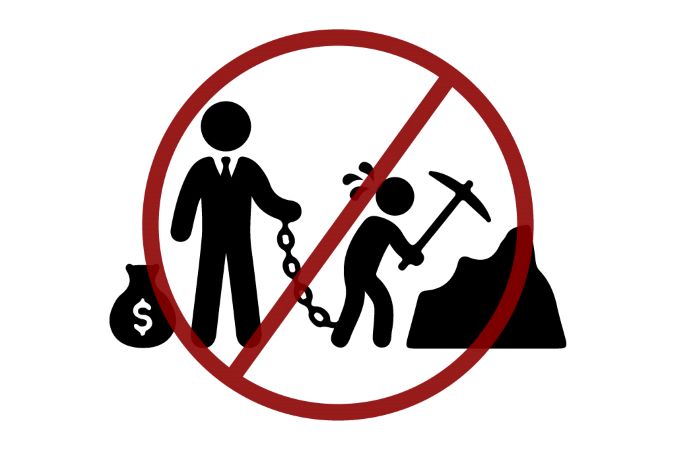Forced labour generates $236bn illegal profits yearly – ILO
 Forced labour in the private economy generated 236 billion dollars in illegal profits per year, the International Labour Organisation (ILO) reported from Geneva on Tuesday.
Forced labour in the private economy generated 236 billion dollars in illegal profits per year, the International Labour Organisation (ILO) reported from Geneva on Tuesday.
The total amount of illegal profits from forced labour had risen by 64 billion dollars, or 37 per cent, since 2014, the ILO said.
It described this as a “dramatic increase that has been fuelled by both a growth in the number of people forced into labour, as well as higher profits generated from the exploitation of victims.’’
Cement price hike making us lose livelihood, artisans, labourers cry out
Prostitution or what the ILO described as forced commercial sexual exploitation, accounted for 73 per cent of the illegal profits in spite of making up only 27 per cent of the victims.
The illegal profits referred to the difference between what victims are paid and what they would be entitled to under proper working conditions.
The rise can be attributed both to the increased number of people affected and an increase in the illegal profit per person.
The numbers are particularly high in the Europe and Central Asia regions, which included more than 50 countries from Iceland via Turkey to Russia.
The ILO defined compulsory labour as “all work or service that is exacted from any person under the menace of any penalty and for which said person has not offered themselves voluntarily.’’
In 2021, there were 27.6 million people in compulsory labour on any one day, working in mines, agriculture or households.
This was equivalent to 3.5 persons per 1,000 people on the planet.
Out of these, 6.3 million have been forced into prostitution.
The ILO put the figure at up 2.7 million on five years previously, with more than half of those affected, or 15.1 million, living in the Asia-Pacific region.
It followed by Europe and Central Asia with 4.1 million.
“Forced labour perpetuates cycles of poverty and exploitation and strikes at the heart of human dignity.
“We now know that the situation has only got worse.
“The international community must urgently come together to take action to end this injustice,’’ ILO head Gilbert Houngbo said










